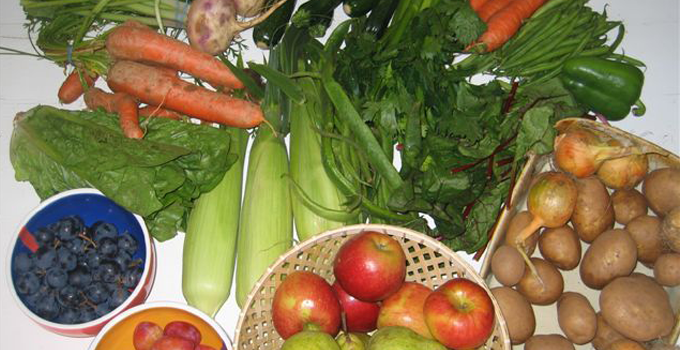
How many of us know what Gluten is before fearing it? Then I would ask the second question why does everyone fear Gluten? Or is it just the latest weight loss fad because celebrities’ are going gluten free so let’s go gluten free!
This protein found in wheat, barley, rye and some oats is considered dangerous for health issues such as headaches, poor immune system, weight gain and even behavioral problems among children.
For the longest time doctors believed individuals who have celiac disease (a disease where the lining of the small intestine is damaged and prevents it from absorbing parts of food that are essential for the body) require a gluten-free diet for health reasons. Ingestion of gluten in these individuals causes an adverse reaction which damages intestinal cells and can lead to potentially serious health problems.
A gluten-free diet requires these naturally occurring proteins in grains and any foods or ingredients derived from them to be removed or omitted. This includes the obvious breads, pastas and baked goods made with gluten-containing flours, but may also include foods with more obscure presence of gluten such as sauces, salad dressings, soups and other processed foods.
The gluten-free diet is sometimes promoted as a way to lose weight or simply a “healthier” diet for the general population. However, these claims are unfounded. The gluten-free diet is healthier for people with gluten-related disorders, but there is no evidence that it is beneficial for people who do not have these conditions, according to gluten.net.
In the last couple of years gluten intolerance has increased across the world. ‘Gluten Free Diet’ has become very common. Restaurants have a section in their menu card that offers gluten free food items. The fear of Gluten has set in so much that people have started to consider gluten as one of their worst enemies. Anything that contains gluten is considered as an unhealthy diet choice. Unfortunately, most are following ‘the one size fits all’ concept without understanding what or how exactly Gluten contributes to one’s body.
Gluten may not have a particular nutritional quality in itself but, the grains containing it certainly do. Gluten in any grain actually work as a glue to help the dough to become elastic or to help the dough rise well. Cutting down on gluten is not a good idea because of the same.
Imagine a day without bread, sauces or even salad dressings? Apart from naturally secreted gluten many packed products contain added gluten to achieve thicker texture. So unless you have celiac disease or gluten intolerance do not avoid gluten. Avoid it if you tend to throw up after you have eaten bread, or experience diarrhea after eating a cake then you need to pay attention and get checked for Gluten allergy.
Observing you’re eating habits and your body reactions will help you detect gluten allergy in its early stages, preventing you from worst conditions, such as intestinal cancer.
How to recognize signs of gluten allergy
- Irritable feeling after the meal, or difficulty in concentrating post meal
- Ambiguous types of headaches ranging from migraine to regular headache starting within 30 minutes of consuming meal.
- Often people with gluten intolerance develop joint pains and/or tingling sensation in their hands and legs.
- Observed less energy levels post meal, many describe meals as ‘tiring’ experience.
- Development of rashes, blotches, eczema etc.
- Many symptoms related to poor digestive health may occur
The observed symptoms may occur due to any other diseases, it is strongly recommended to go to the doctor to conform whether they indicate towards celiac disease or gluten allergies. If left untreated these two health conditions can have disastrous long term effect on health.
Gluten allergies and celiac disease can be easily detected by blood test. But once you detect the disease it’s very important to act on it. Your first action has to be to cut down on all gluten products from your meal for at least 2 to 3 weeks. Watch out! There are few cosmetic products contain gluten too. If you are diagnosed with gluten allergy or with celiac disease, ingredient lists on product label is now your new best friend! Read before you eat, read before you apply anything to your skin. Gluten allergy may improve over the course of time but sadly in most individuals the gluten intolerance sustains throughout.




